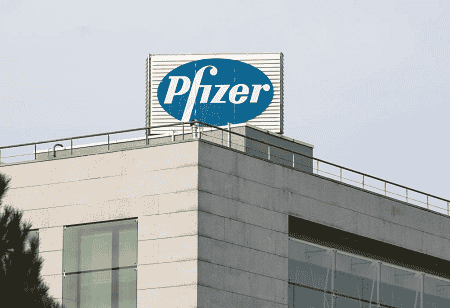India Pharma Outlook Team | Wednesday, 22 October 2025

Pfizer Inc. publicly released updated outcomes from the Phase 2 PHAROS trial examining Braftovi (encorafenib) + Mektovi (binimetinib) in adult subjects with metastatic non-small cell lung cancer (mNSCLC) harboring the BRAF V600E mutation.
In treatment-naïve patients, the combination provided a median overall survival (OS) of 47.6 months, following a median follow-up of 52.3 months. In the previously treated patients, the median OS was 22.7 months, derived from a 48.2 months follow-up.
The 4-year OS rates were 49% in treatment-naïve and 31% in previously treated patients, establishing a new standard in a difficult-to-treat cancer population.
Also Read: India's Innovative Therapies Set Global Standard at Low Cost
"This data illustrates the longest survival seen in treatment-naïve metastatic NSCLC with a BRAF V600E mutation." stated Dr. Melissa Johnson from the Sarah Cannon Research Institute. "They offer real hope for newly diagnosed patients and their families."
The data on the PHAROS trial were shared today at the 2025 ESMO Congress in Berlin and published in the Journal of Clinical Oncology. The safety profile of Braftovi + Mektovi was as before, with adverse events seen in over 30% of patients including nausea (52%), diarrhea (44%), and fatigue (33%).
Pfizer, which obtained FDA approval in 2023 and received European approval in 2024 for this therapy, stated that it remains committed to furthering precision oncology. "These results reinforce our commitment to improving outcomes in lung cancer," said Jeff Legos, Chief Oncology Officer at Pfizer.
Now that Braftovi + Mektovi established a new survival standard for BRAF V600E mutant mNSCLC, Pfizer is looking to continue developing next-generation, novel systemic and topical applications for targeted therapy in patients with BRAF V600E mutant mNSCLC.